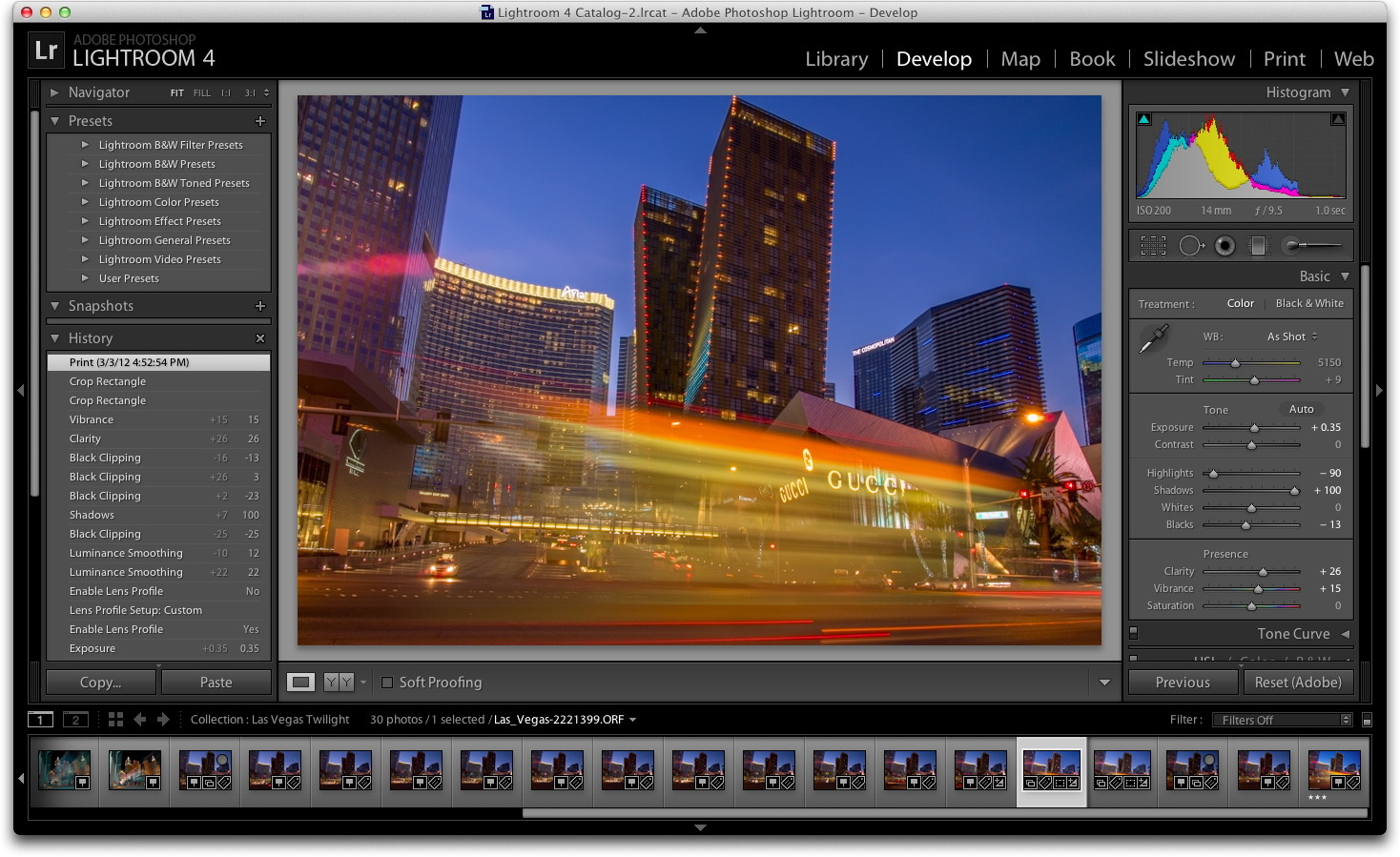Apple has told 9to5Mac that that the company will be ceasing development of Aperture and iPhoto, offering Photos for OS X as a replacement, which was first shown at WWDC. With the introduction of.
Apple is ceasing development of its Aperture and iPhoto apps and will replace them both with the previously-announced Photos for OS X app when it ships next year, the company announced Friday.
“With the introduction of the new Photos app and iCloud Photo Library, enabling you to safely store all of your photos in iCloud and access them from anywhere, there will be no new development of Aperture. When Photos for OS X ships next year, users will be able to migrate their existing Aperture libraries to Photos for OS X,” reads a statement Apple released to Macworld.
While Aperture development (beyond minor updates to ensure OS X Yosemite compatibility) will cease, the company has no intention to abandon creative professionals. Development of both Logic Pro and Final Cut Pro continues.
The Photos app, previewed at the 2014 Worldwide Developers Conference, will become the company’s main photographic focus for both professionals and consumers. As it grows, Apple intends the single app to serve the needs of both consumers and professionals. (That will be an interesting challenge; it will be intriguing to see how Apple puts all of its photographic eggs in a single basket.)
The same will be true on the iOS side, where the mobile iPhoto app will disappear and the Photos app will become the focus of Apple’s photography-related app development when iOS 8 is released in the Fall.
Introduced in 2005, Apple billed Aperture as “the first all-in-one post production tool for photographers.” Its major competition, Adobe's Lightroom, was introduced in 2006 as a public beta and released in 2007. Lightroom 5 was released in 2013 and a new version is expected later this year.
If you are a serious photographer, and use a mac computer for your photo editing needs, chances are that you are familiar with Apple’s Aperture photo editor. This was Apple’s professional grade RAW photo editor that was discontinued back in 2014. This was sad news for many mac users, as they relied on Aperture’s excellent feature set and photo organization prowess for their day to day photo editing.
However, there are very good alternatives to Apple’s Aperture that can be used on mac systems. Some of these are even better than Aperture, providing ease of use and advanced photo editing tools at a very low price.
Adobe Lightroom
Let’s get the obvious alternative out of the way first. Adobe Lightoom has been on the RAW photo editing scene for a very long time, and for good reason. It is one of the best RAW processors available that is both easy to use and fairly intuitive. Upon opening the program, you are greeted with a series of sliders that can be adjusted to tweak your photo’s exposure, contrast, highlights, noise, sharpening, white balance, and much more. You can use the selective adjustment tools to make changes to certain parts of the image too. Overall, Lightroom is definitely one of the easiest programs to recommend as a direct alternative to Aperture.
Luminar
If you don’t want to pay the monthly subscription fee for Lightroom, the affordable Luminar is a great choice. It comes in a very easy to use package, bringing advanced editing tools to mac users. You can adjust the white balance, colors, exposure, and many more aspects of your image in a very short amount of time. It also lets you make selective adjustments so you can tweak specific portions of your photo to your liking.
Other than these editing tools, Luminar also has many presets that are easy to use and alter. You can work in layers as well, so using multiple presets and textures to get a unique look for your photos is a breeze.
Capture One Pro
If Lightroom isn’t your thing, then Capture One Pro might just be. It is a direct competitor to Adobe’s software and can be bought for a one-time fee which makes it a better choice for many users. Capture One is known for its great jpeg compression, and many users report that an image imported directly into Capture One showcases better quality than when imported into Lightroom.


Capture One lets you do everything Lightroom does, so it is a matter of personal preference which of these you want to use more.
Mac Aperture Review
Apple Photos
Mac Aperture Download
When Aperture and iPhoto were discontinued, Apple created a new software by the name of Photos. This contains features of both Aperture and iPhoto, but still cannot compete with the programs mentioned above. However, for people who used Aperture for basic photo editing and RAW conversions, then Photos should not be underestimated. It has an intuitive design, and can fulfill the needs of beginner and advanced photographers alike. It has RAW editing capabilities as well, so it might be a good replacement for mac users who want something free.